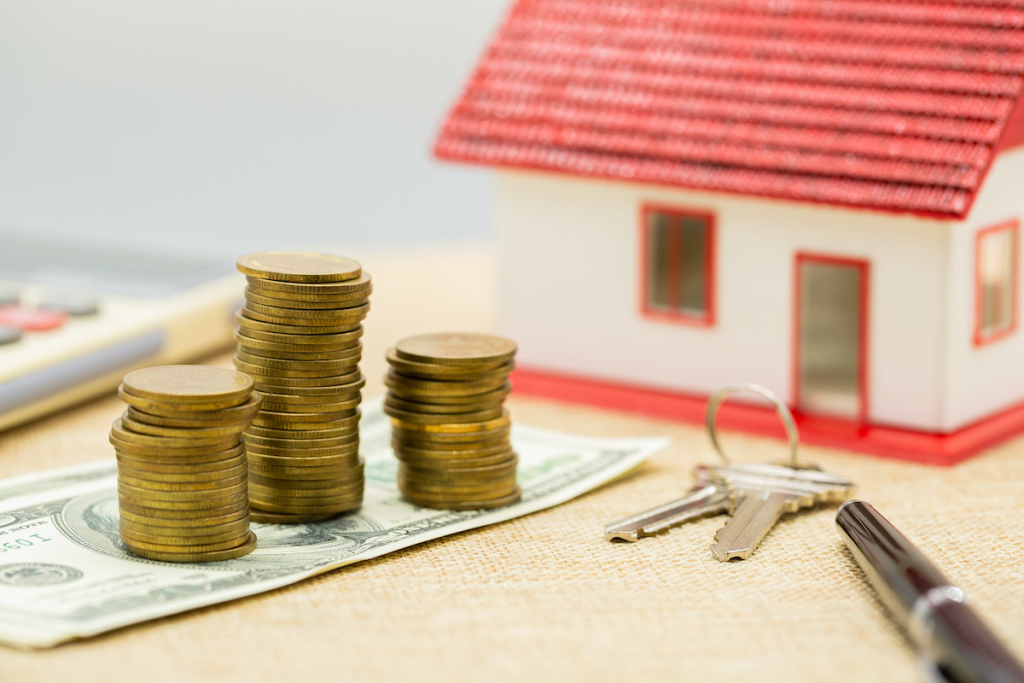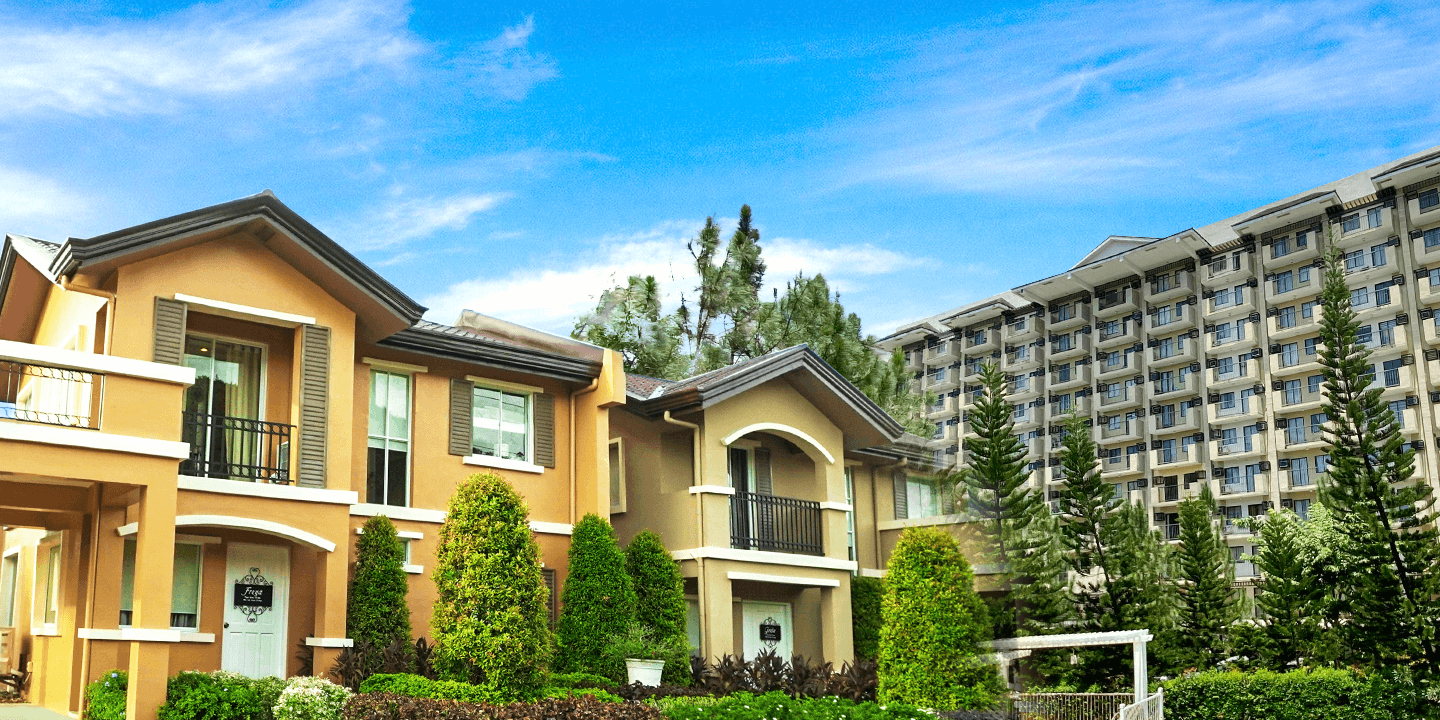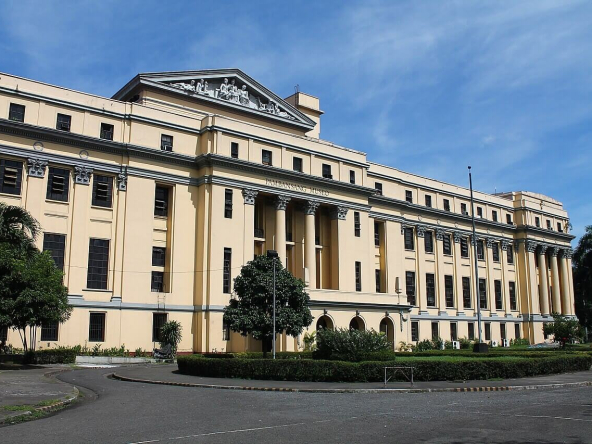Homeownership is undeniably a key milestone on your way to financial stability and personal success. However, the true costs of owning a house and lot are less discussed. That said, understanding the expenses associated with homeownership is the way to manage your property for long-term sustainability.
The first thing to remember is that there are far more expenses beyond the initial home purchase. These can include ongoing costs like mortgage, property taxes, and homeowners insurance, which can add up significantly. It is then necessary to think about these costs when planning your personal finance strategy to avoid surprises down the road.

The true cost of homeownership
While homeownership offers many rewards, it also comes with hidden costs that can catch homeowners off guard. Beyond your mortgage payments, property taxes are a recurring expense that can fluctuate depending on local tax rates and property values. Additionally, home maintenance is an ongoing responsibility that requires budgeting for maintenance costs such as lawn care, HVAC servicing, and minor repairs.
Unexpected repair costs, such as fixing a leaky roof or replacing aging appliances, can also add up over time. These “hidden expenses” can strain your finances if you are not well-prepared for them, so it is important to set aside funds each month for home upkeep.
By understanding these hidden costs, you can better prepare for the financial realities of homeownership and avoid surprises that could impact your long-term financial stability. Below are the common expenses associated with homeownership.
Mortgage and monthly payments
The first and most important expense that you need to understand is home financing, which is the key to managing your mortgage effectively. When you take out a home loan, you commit to making monthly mortgage payments over a set period, typically 15 to 30 years.
Your mortgage payment includes both the principal (the amount you borrowed) and the interest charged by the lender. This lender could be a bank or the developer if it offers in-house financing. If you are applying for a housing loan, you may also be required to pay private mortgage insurance to protect the lender in case of default. In the Philippines, this mortgage redemption insurance (MRI) covers this. MRI is essentially a life insurance policy that pays off your mortgage in the event of your death.
In short, the loan application process is the first step toward securing your mortgage. Typically, this involves:
Assessing your financial situation
Making sure you have a good credit score
Choosing the type of loan you qualify for
Additionally, closing costs, such as appraisal fees, title insurance, and lender fees, are expenses that need to be paid upfront.
Property taxes and homeowners insurance
Two of the most significant ongoing costs of homeownership are property taxes and homeowners insurance, both of which play a key role in your financial planning.
Property taxes
These taxes are typically assessed based on your home’s value and local tax rates. Given this, they can change over time as property values fluctuate. Keeping track of the changes in these taxes helps you avoid surprises when your annual property tax bill arrives.
Homeowners insurance
Homeowners insurance is another critical cost that protects your property against damage from events like fire, theft, or vandalism. Depending on your location, you may also need flood insurance if your home is in a flood-prone area. While these insurance premiums can add to your monthly expenses, they provide valuable protection.
In some cases, owning a home may also offer tax benefits, such as deductions for mortgage interest and property taxes that help reduce your taxable income. Balancing these financial factors is crucial for long-term homeownership sustainability.
Home maintenance
Ensuring the long-term sustainability of your property starts with doing proper home maintenance. This will help preserve its value and prevent more costly repairs down the road. In other words, you will need to set aside a budget for ongoing maintenance costs. Some examples of maintenance work that you have to prepare for in a house and lot include:
Servicing your air conditioner to maintain efficiency and avoid breakdowns
Tree trimming to prevent damage to your property or nearby structures
Regular inspections and repairs to fix leaks
Replacing worn-out appliances
Setting aside a portion of your income for these expenses is an important part of planning for the future. By staying on top of home maintenance, you can minimize the risk of shelling out more in the future, while ensuring that your home remains a safe and valuable asset for years to come.
HOA fees and common area expenses
If you live in a community with a homeowners association (HOA), you also likely have obligations like HOA fees and common area expenses. HOA fees are typically monthly expenses that cover the maintenance and upkeep of areas, such as parks, pools, and walkways. These fees vary depending on the community and the level of services provided.
It’s important to know the actual amount of these fees, as they can significantly impact your monthly expenses. In some cases, HOA fees may also cover services like trash collection, landscaping, or security. While these fees help maintain the overall appeal and safety of the neighborhood, they can increase over time, especially if major repairs or improvements are needed for common areas. Further, HOA fees also vary depending on the developer or the property manager.
Make sure to review your agreements and understand what is covered by your fees to ensure they are accounted for in your budget.
Building savings and managing debt
Preparing for the future primarily requires building your savings and managing debt. Consider setting aside a portion of your income to cover any unexpected expenses, such as home repairs or increases in monthly payments like property taxes or homeowners insurance.
By building an emergency fund, you’ll have a financial cushion to handle these costs without going into debt. While debt is not inherently bad, managing it is crucial for long-term financial stability. High-interest debt, such as credit card balances, can quickly add up and eat into your monthly income.
If you can’t avoid incurring debts, prioritize paying off high-interest loans while keeping your mortgage and other low-interest debts manageable. It is also important to review your monthly expenses regularly to ensure you’re staying within your budget and avoiding unnecessary debt accumulation.
With careful management of savings and debt, you can better prepare for homeownership expenses without sacrificing your long-term goals.
Understanding the housing market
To thrive as a homeowner, understanding the housing market is a great asset. The market isn’t just a backdrop—it’s a dynamic force that directly impacts your property’s value. Further, this also impacts home prices, which can fluctuate due to factors like supply and demand, interest rates, and local economic conditions.
When home prices rise, your property’s value increases, potentially enhancing your investment. However, during market downturns, property values may decrease, affecting your home’s equity. Staying informed about housing market trends allows you to make strategic decisions, whether you’re considering refinancing your mortgage, selling your property, or investing in additional house and lot properties.
Additionally, the housing market influences mortgage rates, which can affect your monthly payment. By monitoring the local and global market, you can better prepare for changes in home prices and protect the value of your investment over time.
Financial success in homeownership with Camella
Owning a home is a significant investment that comes with various responsibilities, such as property taxes, homeowners insurance, and ongoing maintenance costs. When making a home purchase, it’s important to factor in not only the mortgage and down payment but also the “hidden costs,” like repair expenses and HOA fees. By planning ahead, you can confidently avoid the pitfalls in homeownership and achieve financial stability.
Start your journey toward sustainable homeownership and long-term financial growth with Camella—your trusted partner in finding a home that’s both a smart investment and a place to thrive.

Celebrate Life’s Milestones in Camella!
House and Lot & Condominium for Sale in the Philippines


